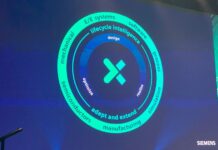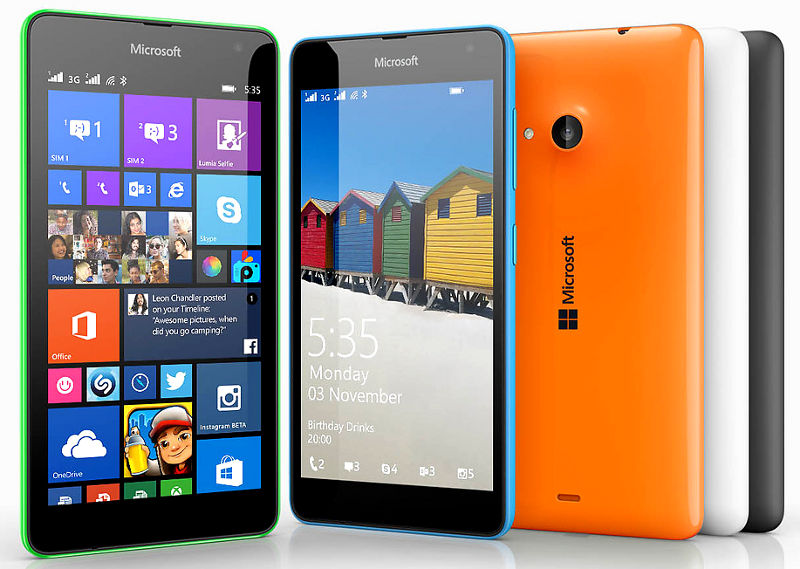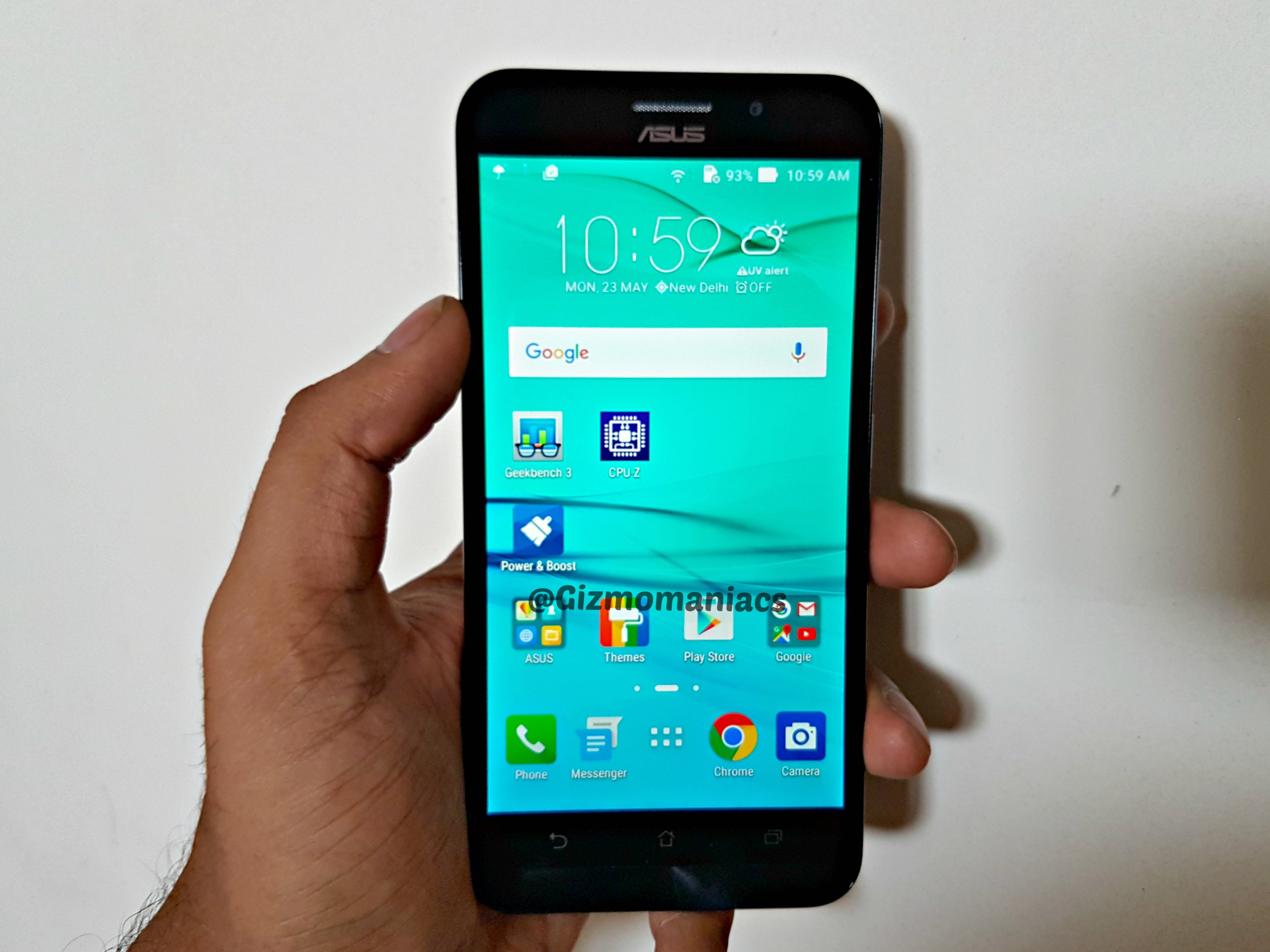Lolli kicks Jelly Bean out!
 Google, in the recent course of events, launched one of the most hyped OS on the planet…Android Lollipop. So the guessing game among all desserts starting with “L” is now over. And it’s not just a new name…it’s a new level and benchmark for Android. With the inputs by Google at the I/O event, everyone knew some points that they could expect out of the new mobile OS. Here are some important features of the new Android OS we found interesting.
Google, in the recent course of events, launched one of the most hyped OS on the planet…Android Lollipop. So the guessing game among all desserts starting with “L” is now over. And it’s not just a new name…it’s a new level and benchmark for Android. With the inputs by Google at the I/O event, everyone knew some points that they could expect out of the new mobile OS. Here are some important features of the new Android OS we found interesting.
- Material Design – Google is taking the design level of the elements in Lollipop to basics with the new material design. According to Google, Material Design is intended to make better use of available space, and bring a consistent user experience whether viewed on a smartphone, tablet or desktop. Each and every element on the screen casts a shadow which gives a feeling of depth and the animations ,be big or small, all are complete delight in Lollipop The new visually refreshing design of the OS is also very consistent in touch performance while scrolling and other actions. Users can feel the difference by observing real time shadows and elevation from the background.
- Lock Screen – Second on the list is the amazing lockscreen. The new lock screen gets card notifications popping up for texts, missed calls etc. There are small lock, dialer and camera icons at the bottom of the screen, as well for quick access. This feature was highly requested by users all over the world and now Google has managed to get it done. Users can also directly go to the particular app having notification by simply double tapping it. Earlier users had to unlock the phone before checking, responding and dismissing notifications, but now you can directly do this from your lockscreen.
- Heads up notifications – If you are busy in a particular app and you get a call simultaneously, you won’t be interrupted with the app. Rather you’ll get a heads up notification on the top of the screen with the option to answer or decline the phone call. This feature was available in the MIUI and Cyanogen Mod, but now it has come to Android Lollipop as well.
- Notification bar – Notification bar has also underwent major changes in the new OS. The drop down menu for notifications will feature Google Now-like cards and won’t cover your entire screen. The quick settings keys can be accessed by a second swipe after pulling the tray down. With improved fluidity, there’s a priority mode as well to prioritize new notifications. The earlier versions showed black notification bar at the top, but now it’s transparent to give users a full screen experience. There is also a Do not disturb mode, by which users can define the time till which they don’t want to be disturbed by any notifications.
- 3D multi-tasking – Android L has also updated multi-tasking view in the new OS. The view is quite dynamic in nature and it is shown as separate card for each open tab. Users can swipe it off the screen to close it and tap it to open the particular app. The display of the recent apps shows an interface which resembles a carousel which is quite eye catchy and convenient to browse among apps.
- ART and 64 bit support – The biggest change in the back end of the OS is that runtime has been changed from Dalvik to ART by default. ART runtime was also present in KitKat but wasn’t default. ART runtime processes apps “ahead of time” and hence gives an overall improved performance. ART runtime supports ARM, x86 and MiPS instructions, and a mix of AOT, JIT and interpreted code which means that Android can now work on many types of CPUs and hardware. The support for 64 bit SoCs and apps have also been added for enhanced user experience. Developers have already been provided x86 64 bit Android L so that they can begin testing and releasing 64 bit apps. The drivers and firmware compatibility has been optimized and NDK app bridging technology has also been added.
- Battery saver – Android was initially one of the most battery consumptive OS but now with Lollipop Google had been concentrating on improving battery life with Project Volta. Project Volta includes a new battery historian to better visualize battery discharge. This will help users work out what a device was doing at any given point in a battery cycle to find out which apps are draining the most power. An improved battery saver feature has also been included (which was introduced in KitKat) which automatically activates itself up when battery goes below a certain level. In addition the device will also show information about the estimated time left before the next charge.
- USB audio – The audio quality in the OS has also been enhanced for music with lower latency and support for USB audio devices directly. The facility to mix multiple audio channels like 5.1 and 7.1 has also been added. Mic, speakers and amp featuring USB ports can now be directly connected to the smartphone running Lollipop.
- Bluetooth 4.1 – On the data connectivity front, Bluetooth support for v4.1 has also been added which is even faster than the earlier version v4.0 which can be seen on most of the flagship devices. Also it doesn’t interfere with 4G bands like earlier it used to do.
As per our verdict, the new OS will definitely set a new benchmark all OS and smartphone companies to work upon. For now Android L is available for the latest Nexus devices, that are, Nexus 6 and Nexus 9. Other mobile companies are working hard to get Lollipop on all their devices already launched and in concept. If you get an OS update notification, we recommend you not to wait for anything and enjoy the new Android Lollipop.








